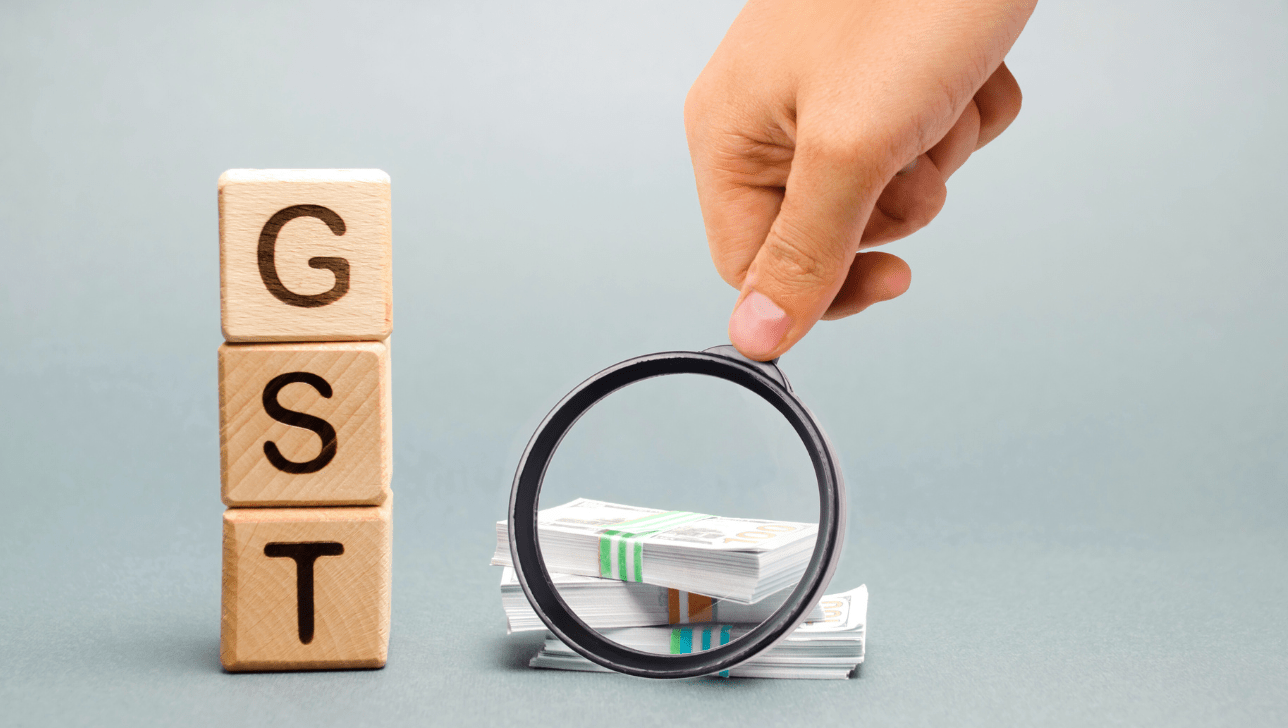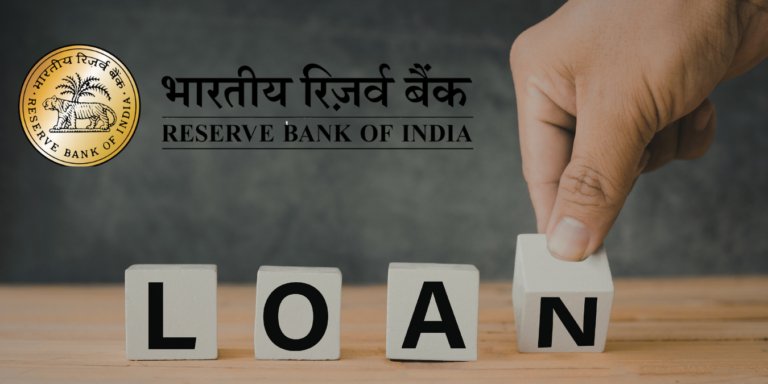
Why can’t freeze your cash credit account? The Bombay High Court’s landmark ruling clarifies the limits of their power. Learn how this game-changing decision protects businesses from undue financial disruptions. Stay informed about your rights under GST laws. Read more for key insights!
The Bombay High Court, on June 10, 2025, ruled in Skytech Rolling Mill Pvt. Ltd. v. Joint Commissioner of State Tax Nodal 1 Raigad Division (Writ Petition No. 1928 of 2025) that a cash credit account cannot be treated as the property of an account holder under Section 83 of the Maharashtra Goods and Services Tax (MGST) Act, 2017. This landmark judgment has sparked curiosity among businesses, tax professionals, and legal enthusiasts alike, as it challenges the overreach of GST authorities and protects vital credit facilities from arbitrary freezes. Why does this matter? How does it affect businesses? Let’s dive into the details of this ruling, its implications, and what it means for GST compliance in India, while weaving in SEO high-density keywords like Bombay High Court GST ruling, cash credit account, Section 83 MGST Act, provisional attachment under GST, and GST law 2025.
What Sparked the Controversy? Understanding Section 83 of the MGST Act
Imagine running a business, relying on a cash credit account to keep operations smooth, only to find it frozen by GST authorities. This was the reality for Skytech Rolling Mill Pvt. Ltd., until the Bombay High Court stepped in. Section 83 of the MGST Act, mirrored in the Central Goods and Services Tax (CGST) Act, allows authorities to provisionally attach “any property, including bank account” of a taxable person if it’s deemed necessary to safeguard government revenue during proceedings under Chapters XII, XIV, or XV. But what qualifies as “property”? Can a cash credit account, which represents borrowed funds, be frozen under this provision?
A cash credit account is a lifeline for businesses, especially SMEs, providing a revolving credit facility to meet working capital needs. Unlike a savings or current account holding your own money, a cash credit account is a loan from a bank, creating a liability to repay with interest. The Bombay High Court’s ruling clarifies whether such accounts can be targeted under Section 83 MGST Act, addressing a critical question in GST law enforcement.
The Case: Skytech Rolling Mill Pvt. Ltd. v. Joint Commissioner of State Tax
The Dispute at Hand
Skytech Rolling Mill Pvt. Ltd. challenged a provisional attachment order dated May 8, 2025, issued by GST authorities, which froze its cash credit account with ICICI Bank, Malad (E), Mumbai. The authorities argued that the account fell under "any property, including bank account" as per Section 83, especially since the petitioner had used it to pay GST dues. Skytech countered that a cash credit account is not an asset but a liability, as it represents borrowed funds, and thus cannot be attached under GST law.
This raised a pivotal question: Can GST authorities treat a cash credit account as the taxpayer’s property? The answer, as the Bombay High Court ruled, is a resounding no.
The Court’s Reasoning
The Division Bench, comprising Justices M.S. Sonak and Jitendra Jain, delivered a meticulous judgment, breaking down the issue with clarity:
- Nature of a Cash Credit Account: The court emphasized that a cash credit account is a loan facility, not an asset. It represents funds borrowed from a bank, creating a debt obligation with interest. Unlike savings or current accounts, it’s not the taxpayer’s property but a liability.
- Scope of Section 83: The phrase "any property, including bank account" in Section 83 refers to assets owned by the taxpayer, such as savings accounts, fixed deposits, or immovable property. The court clarified that cash credit accounts are excluded, as they are not "property" under GST law.
- Judicial Precedents: The ruling aligns with earlier decisions, such as the Gujarat High Court’s judgment in Valerius Industries v. Union of India (2019), which stressed that provisional attachment powers must be exercised cautiously, with credible evidence. The Bombay High Court’s own coordinate bench had similarly ruled against attaching cash credit accounts.
- Preventing Arbitrary Enforcement: Freezing a cash credit account can cripple a business’s operations, disrupting cash flow and supply chains. The court warned that such actions, if not legally justified, constitute an abuse of power and violate taxpayer rights.
The Final Verdict
The court quashed the attachment order, declaring it ultra vires (beyond legal authority) under Section 83. It directed the GST authorities to immediately lift the freeze on Skytech’s cash credit account, setting a precedent that protects businesses from unwarranted financial disruptions.
Why This Ruling Matters: Implications for Businesses
This decision is a game-changer for businesses navigating GST compliance in India. Here’s why it’s sparking curiosity and what it means for taxpayers:
1. Protecting Business Lifelines
Cash credit accounts are critical for businesses, especially in manufacturing and trading sectors. Freezing them can halt operations, delay payments, and damage market reputation. The Bombay High Court’s ruling ensures that GST authorities cannot arbitrarily target these credit facilities, safeguarding business continuity.
2. Narrowing the Scope of Section 83
The judgment clarifies that Section 83 MGST Act applies only to assets owned by the taxpayer, not borrowed funds. This limits the scope of provisional attachment under GST, ensuring authorities focus on genuine assets like savings accounts or property, not credit lines.
3. Strengthening Judicial Oversight
The ruling underscores the judiciary’s role in curbing arbitrary GST enforcement. By citing cases like Radha Krishan Industries v. Commissioner (2021), where the Supreme Court cautioned against misuse of attachment powers, the court reinforces the need for procedural fairness and evidence-based actions.
4. Nationwide Impact
Since Section 83 is uniform across the CGST Act and state GST laws, this ruling has pan-India relevance. Businesses in other states facing similar attachment orders can leverage this precedent to challenge unlawful freezes, making it a cornerstone of GST case law 2025.
5. Encouraging Fair Enforcement
The decision pushes GST authorities to adopt a more restrained approach to provisional attachment. Authorities must now ensure that attachment orders are legally sound and target only the taxpayer’s own assets, fostering greater accountability in GST enforcement.
Practical Tips for Businesses: Navigating GST Compliance
Curious about how to protect your business from similar GST challenges? Here are actionable steps to stay compliant and prepared:
- Know Your Accounts: Understand the difference between accounts holding your funds (savings, current) and borrowed funds (cash credit, overdraft). This distinction is key when responding to GST notices.
- Document Transactions: Maintain clear records of GST payments, especially if using a cash credit account. This can help refute claims of non-compliance.
- Challenge Unlawful Orders: If your cash credit account is frozen, consult a GST expert to challenge the order, citing the Skytech Rolling Mill ruling. Act swiftly to minimize disruptions.
- Stay Informed: Follow trusted sources like LiveLaw, Taxmann, or TaxGuru for updates on GST case law 2025. These platforms offer insights into recent rulings and compliance strategies.
- Engage with Authorities: Respond promptly to GST notices and provide evidence to clarify the nature of your accounts. Early engagement can prevent escalation.
The Bigger Picture: GST Jurisprudence in 2025
The Skytech Rolling Mill ruling fits into a broader trend of judicial interventions shaping India’s GST framework. Recent cases highlight this evolution:
- Input Tax Credit Clarity: The Supreme Court’s ruling in Safari Retreats Pvt. Ltd. (October 3, 2024) clarified ITC eligibility for construction expenses, promoting a taxpayer-friendly interpretation of GST law.
- Procedural Safeguards: The Calcutta High Court’s decision in Suncraft Energy Pvt. Ltd. (2023) struck down demand notices issued without proper supplier investigations, emphasizing fairness.
- Attachment Limits: The Delhi High Court’s ruling in Redamancy World v. Senior Intelligence Officer (2023) invalidated account freezes without proper Form DRC-22, reinforcing procedural compliance.
These rulings collectively signal a judiciary committed to balancing revenue protection with taxpayer rights, making 2025 a pivotal year for GST law India.
A Win for Taxpayers
The Bombay High Court’s ruling in Skytech Rolling Mill Pvt. Ltd. is a beacon of hope for businesses grappling with GST enforcement. By declaring that cash credit accounts cannot be attached under Section 83 MGST Act, the court has protected a critical financial tool and curbed arbitrary enforcement. This decision not only clarifies GST law but also sets a precedent for fair tax administration across India.
For businesses, the takeaway is clear: stay informed, document transactions, and seek expert advice to navigate GST compliance. As India’s GST regime matures, rulings like this one will continue to shape a more equitable tax system.
Disclaimer: This blog post is for informational purposes only and does not constitute legal advice. Consult a qualified GST professional for case-specific guidance.

















































